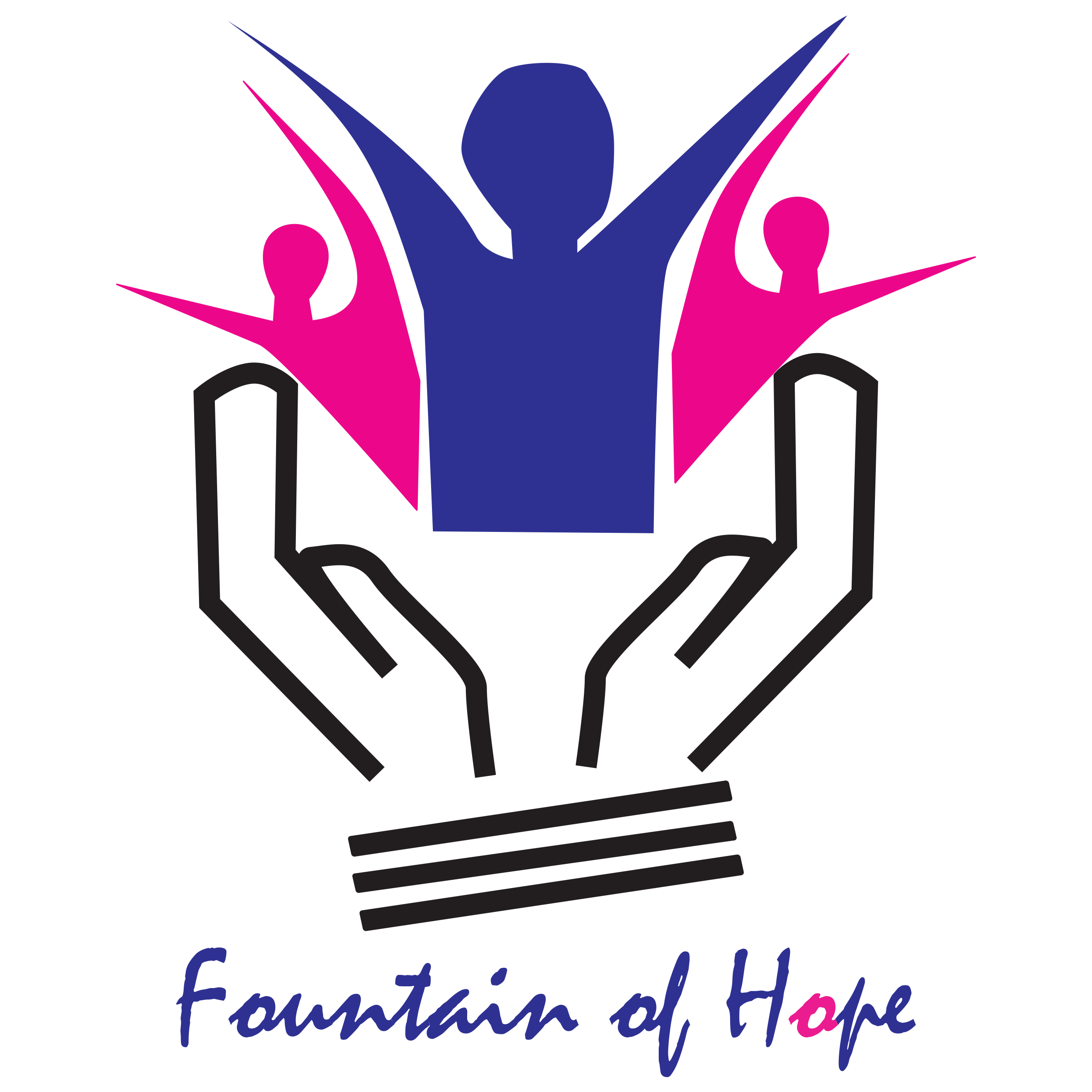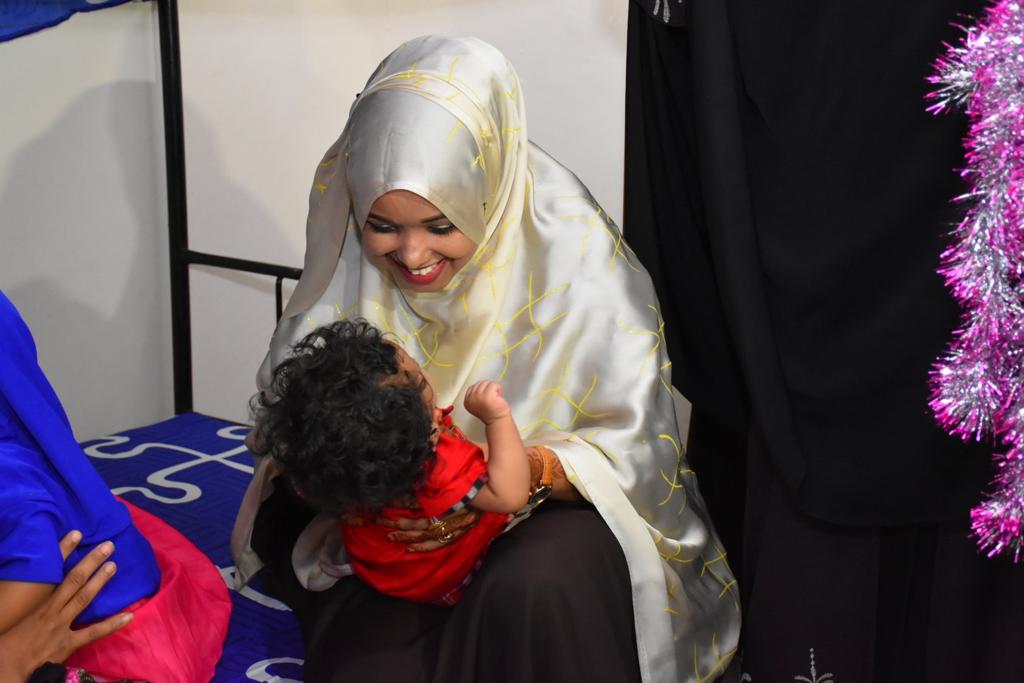Child spacing is when parents have a period between births of their children. Optimal child spacing means having children 2-3 years apart. It is important because a mother’s body needs time to recover fully from pregnancy and childbirth. She needs to regain her health, nutritional status and energy before she becomes pregnant again. Child spacing thus reduces the risk of maternal morbidity and mortality significantly. For the health of the mother and child too, a woman should wait until her last child is at least 2 years old before becoming pregnant again. This allows enough time for breastfeeding, (ideally 6 months of exclusive breastfeeding), care for the child and more resources for childcare. Child spacing reduces child morbidity and mortality significantly. Fountain of Hope is a community based organization in Garissa County that is at the forefront in advocating for child spacing among post partum married Muslim Women and also advocating for male involvement in child spacing.
Garissa County is 98% predominantly Muslim and patriarchal community. According to KDHS 2014, Garissa has a low mCPR of 5.5 percent and high fertility rate of 6, with the county ranking third (3rd) position in respect having the lowest contraception use in Kenya. While antenatal Care by a skilled provider nationally stands at 87.3 percent, there are no records to indicate that the women receiving ANC are counseled on Post Pregnancy child spacing. Skilled birth attendance in the county stands at 62% percent as per 2021 DHIS. With 94.5% not currently using any method of contraception, it is important to enable married Muslim women access ANC care, birth preparedness at maternal shelters and delivery at the health facilities to access PPFP. Critical to this, is the question of male involvement since males make most of the critical decisions at the family level. KDHS 2014 indicates that nationally, 47.4 percent of male partners do not know about contraception.
Male involvement in matters pertaining to RMNCAH-N in the county is very minimal. This is due to a complex interplay of societal beliefs, cultural norms, a mis-representation of religious perceptions on the matter as well as issues around service delivery in our health facilities in the county. The patriarchal system of Garissa community bestows the responsibility of child birth and upbringing primarily to the women, with majority of the men viewing male involvement in such matters as culturally inappropriate.
Regarding access to health services, males generally have poor health seeking behaviors. In addition, there are tendencies that further isolate the few men who accompany their spouses to seek these services. Ranging from the naming and signage of the department and sections offering these services as ‘mother and child’ sections, unfriendly set ups that discourage male involvement to behavioral tendencies among the service providers in these departments, there is need to re-think how these vital health services are delivered to encourage male participation. Contrary to popular belief, Fountain of Hope noted keenly during an FP advocacy training funded by Jhpiego that the Holy Quran does not in any way discourage men from making decisions on and being involved in child spacing.
Having appreciated the dire need for male involvement in Gender and RMNCAH – N, further advocacy efforts are required to increase male involvement in all matters pertaining to the health of our families in Garissa. It is indeed of importance if the leaders in Garissa shall use all possible forums and opportunities to urge our males to take up their leadership responsibilities and participate in discussions on child spacing and RMNCAH in general and that all our religious leaders openly support male involvement in the said matter, and specifically correct the wrong perception that Islam does not allow child spacing among its adherents.There is also need for the county health department, to act collaboratively in order to improve the friendliness of the service provision on RMNCAH – N in a bid to address the structural barriers that hinder men from seeking and accessing the said services. Fountain of Hope implores all civil society organizations to deliberately create forums and opportunities for child spacing deliberations and map out strategies to increase male involvement, monitor the progress we make and address any barriers that hinder male involvement.In a special way we appeal to development partners to consider making investment in programs that change health seeking behaviors among males a priority in the county.

